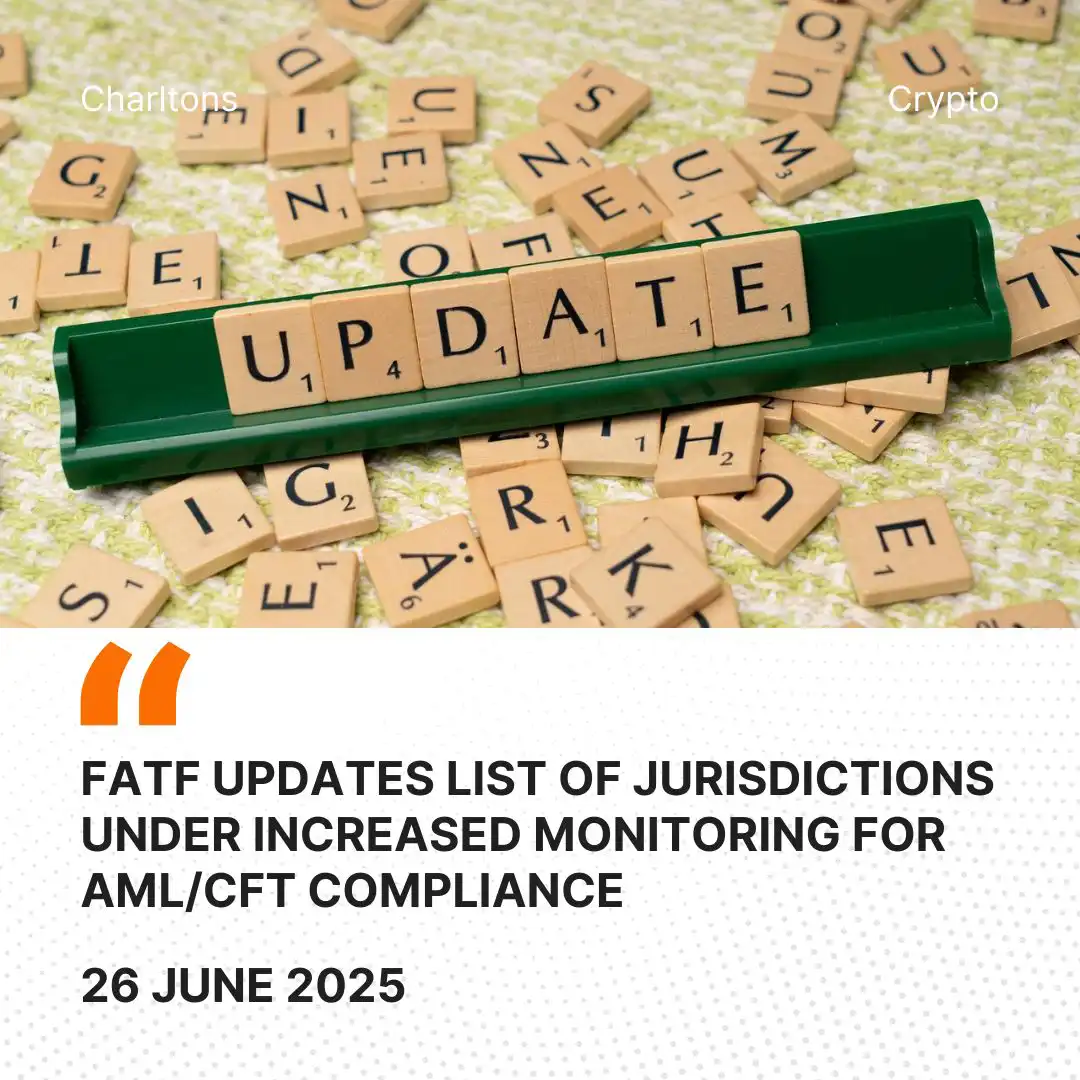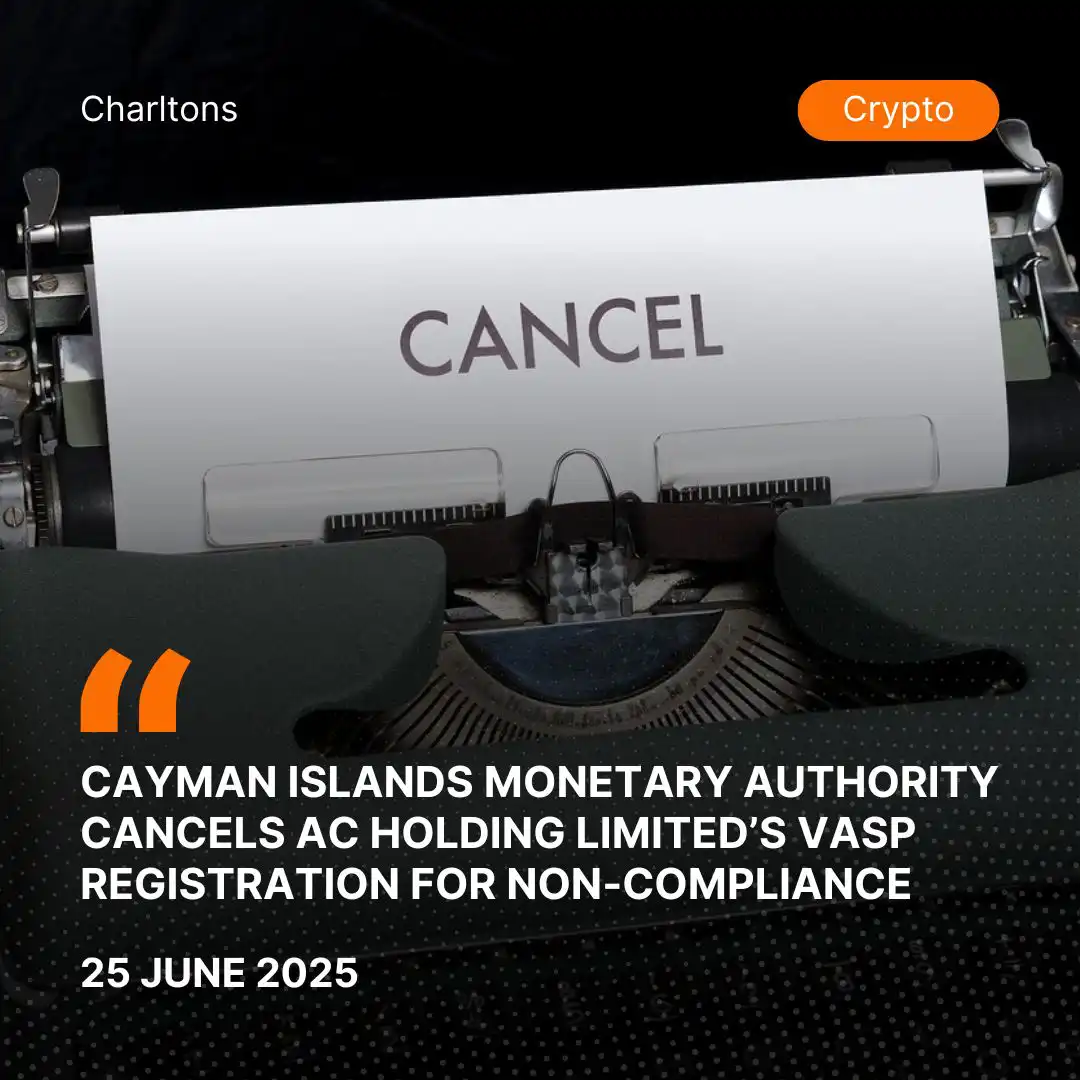
New regulations in the European Union could soon compel decentralized finance (DeFi) protocols to make significant changes. The upcoming Markets in Crypto-Assets Regulation (MiCA), set to be fully enforced by the end of 2024, will impose licensing and Know Your Customer (KYC) requirements on DeFi protocols, akin to traditional financial services firms. This poses a challenge for many DeFi protocols, which often rely on centralized front-ends and intermediaries.
Rune Christensen, co-founder of MakerDAO, commented on the implications, stating, “Only fully decentralized, local, downloaded frontends or full-KYC online frontends would be possible.” This situation leaves DeFi protocols with a stark choice: pivot to a “hybrid finance” (HyFi) model to comply with EU regulations or fully decentralize.
According to Recital 22 of MiCA, fully decentralized protocols are exempt from these requirements: “Where crypto-asset services are provided in a fully decentralized manner without any intermediary, they should not fall within the scope of this Regulation.” The challenge lies in defining what constitutes “without an intermediary” and “fully decentralized.” Oliver Völkel, an attorney at Stadler Völkel, noted that smart contracts used by companies are merely tools and do not inherently signify decentralization. Therefore, only services accessed without intermediaries in an exclusively decentralized manner will be exempt from MiCA.
With MiCA approaching, DeFi protocols in Europe must decide whether to decentralize entirely or implement KYC measures. Nathan Catania, a partner at XReg Consulting, suggested this regulation might split the sector: “They will either embrace decentralization and move further outside the regulatory perimeter or accept that some regulation is required based on their particular model.”
To ensure compliance, DeFi protocols may need to decentralize their website front ends. Decentralized web hosting, involving peer-to-peer servers and advanced cryptography, offers protection against content takedown.
As regulation becomes inevitable, some believe DeFi will transform, possibly resembling traditional finance more closely. Regulatory compliance is crucial for attracting institutional investors. Adam Simmons, chief strategy officer at Radix, argued that regulatory safeguards are necessary for global adoption of DeFi.
Edward Adlard, CEO of Instalabs, highlighted the need for DeFi to balance anti-money laundering (AML) procedures to attract traditional finance liquidity without becoming regulatory targets. Tools like Instapass could help DeFi protocols comply with EU regulations by providing custom credentials for users.





